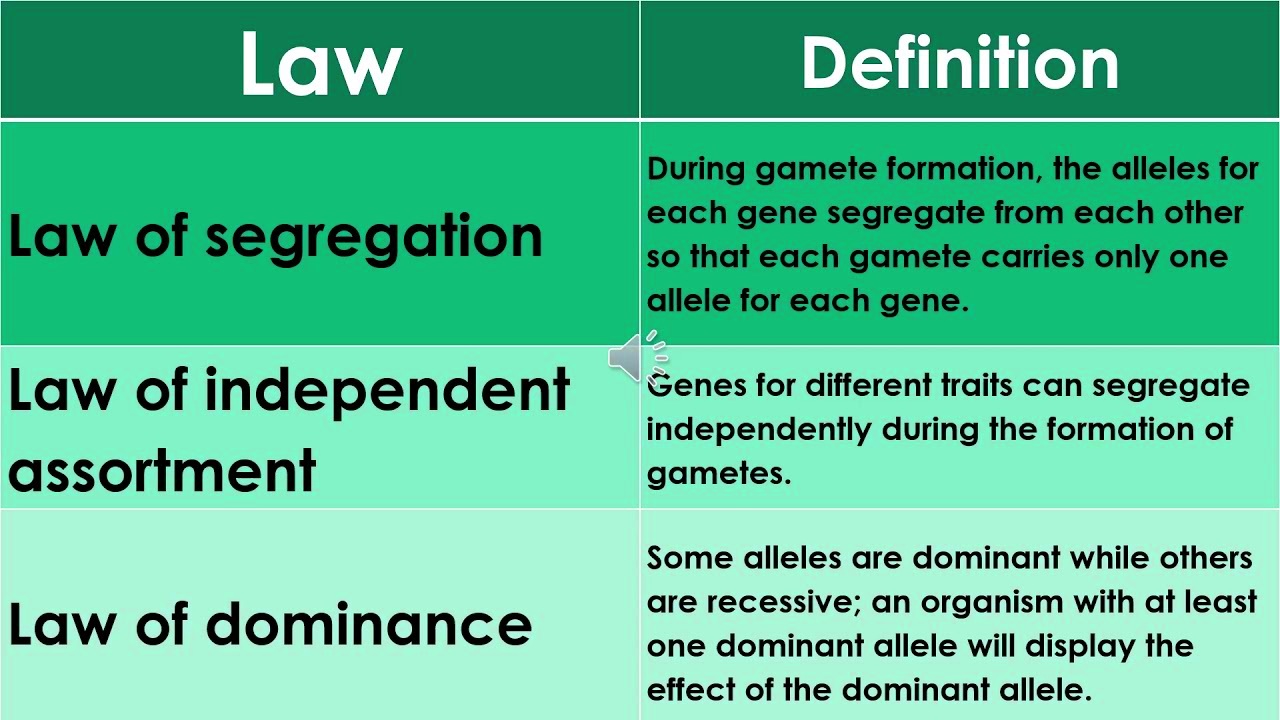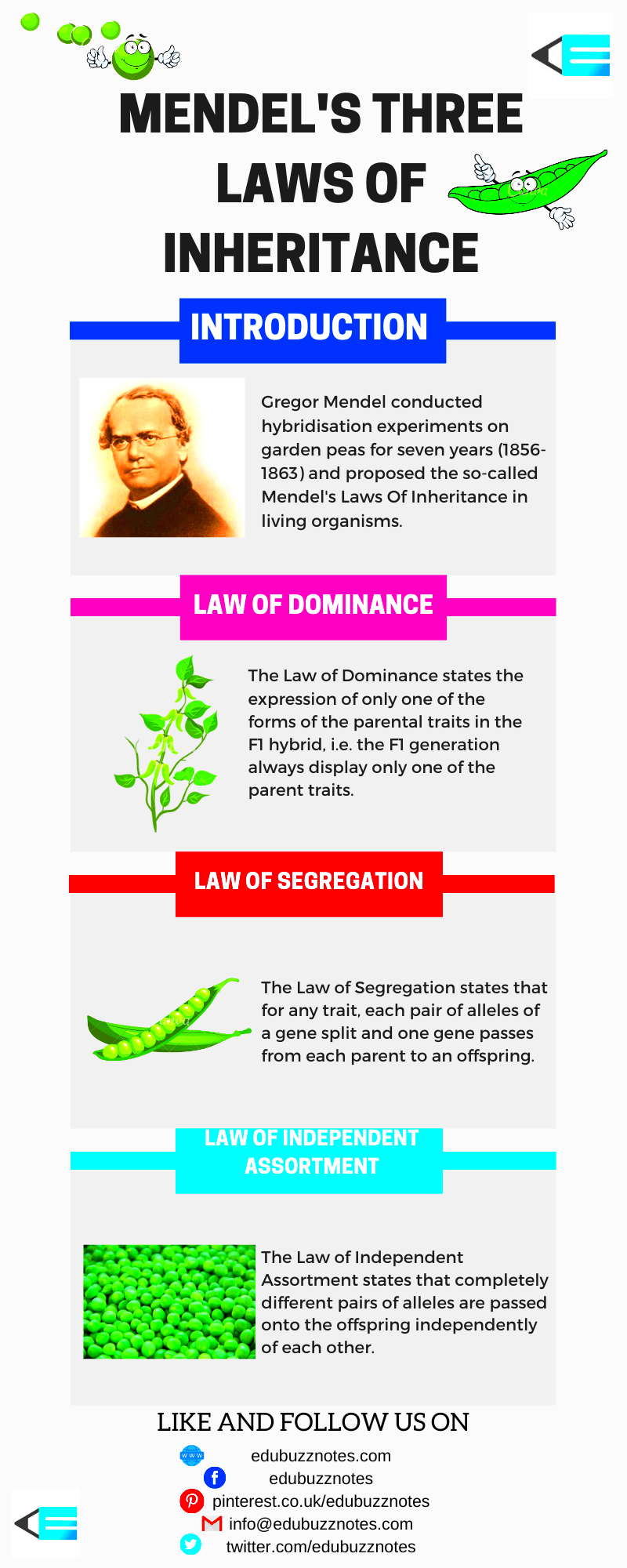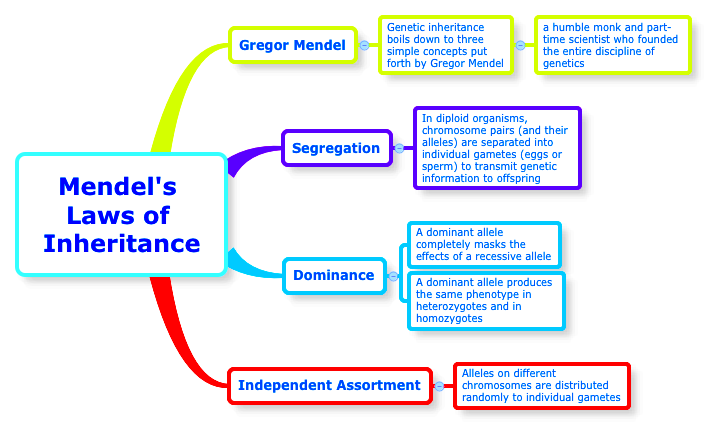Key Aspects of German Inheritance Law Explained
German inheritance law governs how a person’s assets are distributed after their death. It’s a complex area that balances the wishes of the deceased with the rights of heirs. Understanding these laws is crucial, especially if you have assets in Germany or are considering a move there. In this post, we’ll cover key aspects of inheritance law, including types of inheritance, the rights of legal heirs, and important considerations like wills and taxes.
Types of Inheritance in Germany

In Germany, there are two main types of inheritance:
- Testate Inheritance: This occurs when the deceased has left a will specifying how their assets should be distributed. The will must comply with certain legal requirements to be valid.
- Intestate Inheritance: This happens when a person dies without a will. In such cases, the law dictates how the assets will be distributed among the legal heirs according to the German Civil Code (BGB).
Understanding these types can help in planning your estate effectively. Whether you choose to write a will or not can significantly impact your loved ones’ future.
Legal Heirs and Their Rights

Legal heirs in Germany are defined by law and typically include:
- Spouses: A surviving spouse is often entitled to a substantial share of the estate, which may depend on the marital property regime.
- Children: Biological and adopted children inherit equally, regardless of their age or financial situation.
- Parents: If there are no children, parents of the deceased can inherit.
- Siblings: In the absence of a spouse or children, siblings are next in line.
Each heir has specific rights, including:
- Right to information about the estate
- Right to contest a will if they feel unfairly treated
- Right to receive their share in the form of cash or property
Understanding these rights is crucial for anyone involved in an inheritance situation, as it helps to avoid disputes and ensures a smoother process during what can be an emotional time.
Importance of a Will in German Inheritance
A will is a crucial document in German inheritance law. It allows individuals to express their wishes regarding the distribution of their assets after they pass away. Writing a will ensures that your estate goes to the people you want, rather than being distributed according to statutory laws. A will can simplify the process for your loved ones and help avoid disputes.
Here are some key reasons why having a will is important:
- Clear Intentions: A will clearly states your wishes, which can prevent misunderstandings among heirs.
- Control Over Distribution: You can choose specific beneficiaries for certain assets, like family heirlooms or properties.
- Executor Appointment: You can designate a trusted person to manage your estate, making sure your wishes are carried out properly.
- Tax Planning: A well-structured will can also help in minimizing inheritance tax burdens for your heirs.
To be valid, a will must adhere to certain legal requirements. It’s recommended to consult with a legal professional to ensure your will is properly drafted and executed. This way, you can rest easy knowing your affairs are in order.
How German Inheritance Tax Works
German inheritance tax (Erbschaftsteuer) is levied on the value of the inherited estate. Understanding how this tax works is essential for anyone involved in an inheritance. The tax rate depends on the value of the inheritance and the relationship between the deceased and the heir.
Here are some key points about inheritance tax in Germany:
- Tax Classes: Heirs are categorized into three tax classes, which determine the tax rate:
- Class I: Spouses and children
- Class II: Parents, siblings, and grandchildren
- Class III: All other beneficiaries
- Tax-Free Allowances: Each tax class has a specific tax-free allowance. For example, spouses can inherit up to €500,000 tax-free, while children can inherit up to €400,000.
- Progressive Rates: Tax rates increase with the value of the inheritance, ranging from 7% to 50% depending on the tax class and amount.
Heirs are responsible for reporting the inheritance and paying the tax. It’s wise to consult a tax advisor for proper planning and to explore potential exemptions or deductions that may apply.
Special Rules for Spouses and Children
In German inheritance law, spouses and children enjoy certain privileges that set them apart from other heirs. These special rules aim to protect the financial well-being of immediate family members during a potentially challenging time.
Here are some important aspects regarding the rights of spouses and children:
- Spousal Inheritance Rights: A surviving spouse is generally entitled to a significant portion of the estate. They can choose between:
- Receiving half of the estate if there are children.
- Claiming a specific share based on marital property agreements.
- Children’s Rights: Children have a legal right to a compulsory portion of the estate, which is half of their statutory share if excluded from the will. This ensures they receive a fair inheritance.
- Life Rights: Spouses can retain rights to the family home, allowing them to live there even if they are not the sole owners of the property.
These rules highlight the importance of family protection within the inheritance framework. It’s advisable for families to discuss these matters openly, especially when drafting a will, to ensure that everyone’s interests are considered.
Disputes and Challenges in Inheritance
Inheritance disputes can arise for many reasons, often leading to tension among family members during an already difficult time. Understanding common sources of conflict can help families navigate these challenges more smoothly. In Germany, inheritance laws aim to provide clarity, but emotions and misunderstandings can complicate matters.
Here are some common issues that can lead to disputes:
- Validity of the Will: Heirs may contest a will if they believe it was improperly executed, if the deceased was not of sound mind, or if they suspect undue influence from another party.
- Compulsory Shares: If a will excludes legal heirs, like children or a spouse, they may challenge it based on their entitlement to a compulsory share of the estate.
- Asset Valuation: Disagreements can occur over how to value assets, especially with properties or businesses that may not have a clear market price.
- Distribution of Assets: Disputes may arise if heirs feel they were treated unfairly in the distribution of personal belongings or real estate.
To minimize conflicts, clear communication and proper legal documentation are essential. Mediation can also be a helpful approach, allowing family members to resolve issues amicably without resorting to lengthy court battles.
International Considerations in German Inheritance Law
For those with assets in multiple countries or international family ties, understanding how German inheritance law interacts with foreign laws is crucial. Different countries have unique regulations, which can complicate matters if an individual passes away owning property or assets abroad.
Here are some key considerations:
- Jurisdiction: Determining which country’s laws apply can be challenging. Generally, the law of the deceased’s last residence applies to their estate.
- International Treaties: Germany is a signatory to treaties like the Hague Convention, which can simplify inheritance issues between countries by providing a framework for recognizing wills and governing law.
- Double Taxation: Heirs may face inheritance taxes in both Germany and the country where the assets are located. Planning is essential to avoid unexpected tax burdens.
It’s advisable for individuals with international connections to consult legal experts in both Germany and the relevant foreign jurisdictions. This can help ensure that their wishes are honored and that their heirs are protected.
FAQ
Here are some frequently asked questions about German inheritance law:
- What happens if there is no will? If a person dies intestate (without a will), their assets will be distributed according to statutory rules, prioritizing legal heirs like spouses and children.
- Can I contest a will? Yes, you can contest a will if you believe it was not executed correctly or if you have a claim to a compulsory share.
- How is inheritance tax calculated? Inheritance tax in Germany depends on the relationship to the deceased and the value of the inherited estate, with varying tax rates and allowances for different heir categories.
- Do I need a lawyer for estate planning? While it’s not required, consulting a lawyer can help ensure that your will is valid and that you understand your rights and obligations.
- What are the rights of a surviving spouse? A surviving spouse typically has significant inheritance rights, often entitled to half of the estate, depending on the circumstances and any existing marital agreements.
These FAQs provide a starting point for understanding the complexities of inheritance law in Germany. It’s always best to seek personalized legal advice for specific situations.
Conclusion
Understanding German inheritance law is essential for anyone navigating the complexities of estate planning or dealing with the passing of a loved one. From the importance of drafting a clear will to recognizing the rights of legal heirs, this framework is designed to provide clarity and protection. Inheritance disputes can create significant emotional strain, making proactive communication and legal guidance vital. Additionally, with globalization, international considerations in inheritance law become increasingly relevant, particularly for individuals with cross-border ties. By staying informed and seeking professional advice, you can ensure that your wishes are honored and your loved ones are taken care of.


